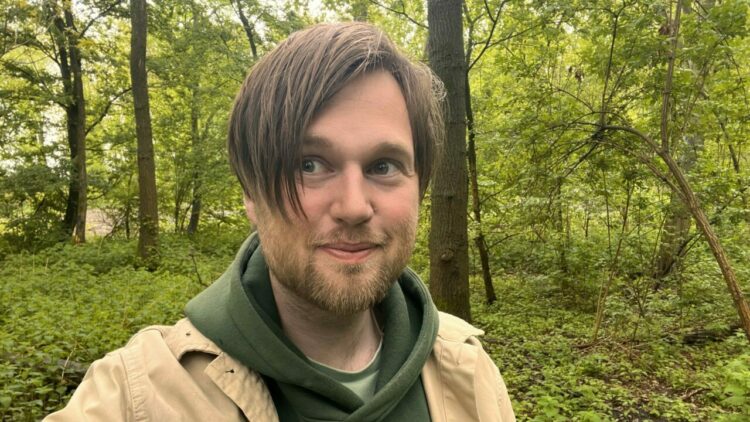When I first started working in the personal growth industry, I was plagued by impostor syndrome and crippling self-doubt. After all, everyone around me would act so confident about themselves, while I always had my questions. First, I tried to hide from my doubts, but the bigger my channel got, the more critics I got. Eventually, I had to do something about it.

After some time, multiple competing organizations tried to come after me, all accusing me of different – often highly contradictory things. Some said my energy was too high, some said it was too low. Some said I was too shallow, some said I was too difficult to understand. Others said I was too irrational. Then some said I was too unemotional. Have you ever felt like people’s expectations were impossible? Like, no matter what you tried to do, other people would take issue with it?
And that’s what it’s like to be an influencer. Everyone will have an opinion about you. Many are too busy having an opinion about you to actually reflect on anything you say. I was someone that shared their ideas vocally in the community. That meant that everyone was going to have an opinion about me. But I found very few people to have an opinion about anything I said. No matter what I did, I couldn’t meet everyone’s expectations, or answer every question or criticism that was put forward against me. And in the field of personality psychology, most people seem more busy trying to determine what personality type I am, than reflecting on any of the ideas I put forward. I remember once after I did a seminar at a school, I met a girl from the class who said “I don’t remember anything you said, but I remember you had a nice smile.”
It’s the simple impressions that stick.
Impostor Syndrome amongst experts
I thought the only way to overcome these feelings of inadequacy was to study harder and read about different systems and theories, but this wasn’t really helping me. Then, I realized that the real solution was something entirely different: admitting my own uncertainty and doubt, and fostering a dialogue with my audience that would encourage learning and critical thinking. After all, we’re in the field of psychology, and there’s nothing more complex than the phenomenology of human experience. We all have our own unique little worlds inside us, and we’ve barely scratched the surface of understanding the human mind.
There’s something extremely freeing about being able to say “Hey, I’m not sure but it could be that..”
Experts in the field like to act as if they know everything, and that they’ve figured out every nuance of the human mind, but really, they’re often relying on gross oversimplification and a lack of critical thinking and hoping that their audience won’t catch on. And while many are swayed by their passion (or afraid of asking critical questions) they don’t really know as much as they’d like to think they know. And deep down, these experts actually doubt themselves much more than they let on. They just think it’s a show of force to speak with confidence on an issue and hope that nobody sees all their glaring – but ultimately human – flaws.
I think if everyone could just own and admit their own uncertainties, we’d be able to teach and help each other’s figure out the answers a lot faster. Today, people spend way too much time holding firmly to falsehood, just because they’re too afraid to think outside the box.
The answer is to own your self-doubt
By owning up to my imperfections, rather than trying to be perfect at everything, I soon overcame those negative thoughts of self-doubt that had been plaguing my mind. I learned that uncertainty and doubt can be a good thing, as it encourages me to think beyond the surface level and really dig into the details. It doesn’t have to keep me from expressing my thoughts and ideas – after all, if I didn’t, we’d miss out on a chance for dialogue and constructive learning. And it inspires other people to share what’s on their mind too, so that we can learn together.
Today, I no longer feel like an impostor in the personal growth field. Instead of letting fear drive my decisions, I use knowledge and critical thinking skills to make informed decisions with confidence. This newfound confidence has given me the strength to take calculated risks that have ultimately benefited my career.
If you’re struggling with impostor syndrome or self-doubt, try not to focus on getting more diplomas or trying to be perfect at everything; instead, own your uncertainties and doubts and embrace them as learning experiences that will help you grow as an individual. You don’t need to cure impostor syndrome; you just need to own your doubt and use it as a tool for self-improvement.
Making peace with your insecurities can be a powerful experience, and it is the key to unlocking true confidence and success. Many try hard to mimic the idea of success, and focus on strategies to act confident, radiate power and charisma, and attract an audience. But instead of just acting confident, why not focus on developing a more modest confidence? I’ve found that you can be both humble and bold. Both open-minded and outspoken. Eager to learn, and passionate to share.
That’s what true confidence is.

